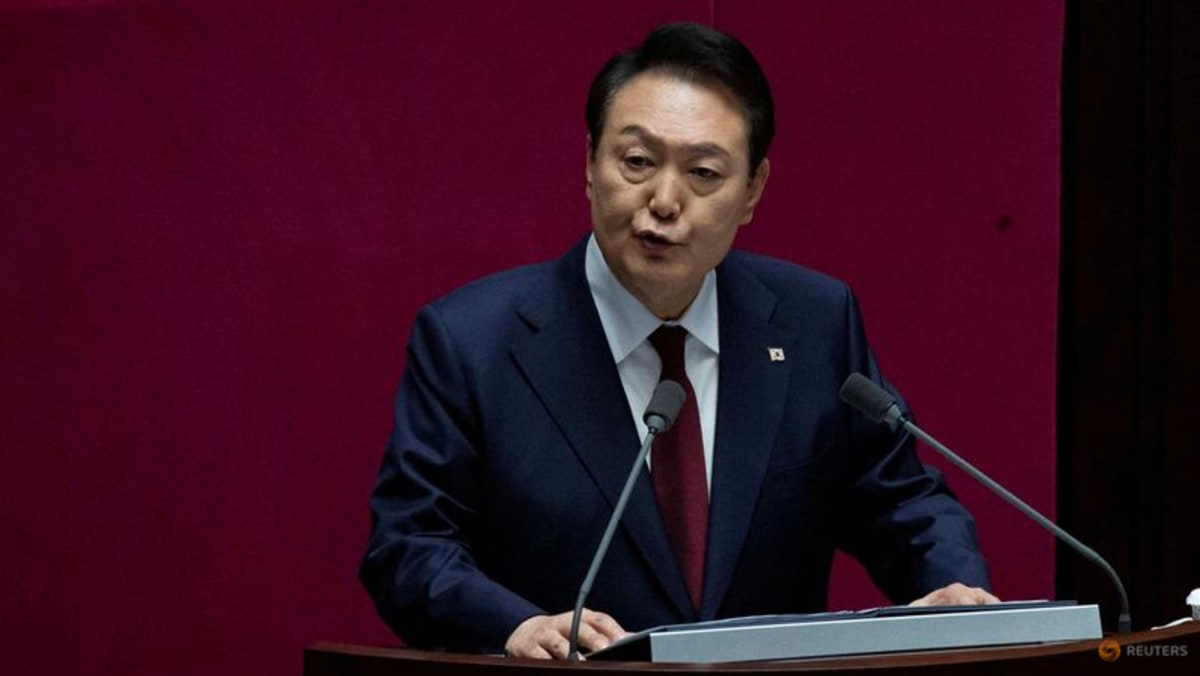REFUSED QUESTIONING
Discussions between prosecutors and police are taking place in the background of a political crisis that initially saw the country briefly lurch back to the dark days of military rule.
But the martial law order – which he said was aimed at eliminating “anti-state elements” – only lasted a few hours.
Heavily armed troops stormed the building, scaling fences, smashing windows and landing by helicopter, but Yoon was quickly forced into a U-turn after a night of protests.
He was then stripped of his presidential duties by parliament and now faces criminal charges of insurrection that could result in life imprisonment or even the death penalty.
Yoon has since refused summonses for questioning three times and doubled down on claims the opposition was in league with South Korea’s communist enemies.
In the wake of his refusal, supporters have raced to Seoul to support him.
As night fell on Wednesday, pro-Yoon protesters spewed vitriol at police while waving glowsticks and anti-impeachment placards.
A constitutional court will rule whether to uphold Yoon’s impeachment.
The turmoil deepened late last week when Yoon’s replacement, Han Duck-soo, was also impeached by parliament for failing to sign bills for investigations into his predecessor.
Finance Minister Choi Sang-mok has been installed as acting president and pledged to do all he can to end the political upheaval.
He has since decided to appoint two new judges to the constitutional court hearing Yoon’s impeachment – meeting a key demand of the opposition, but branded an overstepping of his powers by Yoon’s staff.
Choi took office on Friday and found himself immediately thrust into handling a disaster, after a Jeju Air plane crashed on Sunday, claiming 179 lives.
